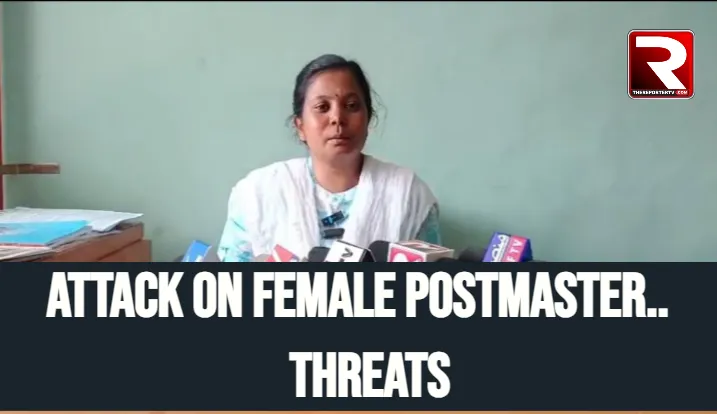New Delhi/Washington, D.C. — In a major relief to thousands of Indian professionals working in the United States, the Donald Trump administration has clarified that the newly announced $100,000 fee for H-1B visas will not apply to current visa holders, and will be a one-time payment only for new petitions.
Amid widespread panic and confusion following President Trump’s proclamation on Friday, the White House issued a clarification on Saturday, stating that the hefty new fee targets only new applicants and not those already holding valid H-1B visas.
“Those who already hold H-1B visas and are currently outside of the country right now will NOT be charged $100,000 to re-enter,” said White House Press Secretary Karoline Leavitt in a post on X. “This applies only to new visas, not renewals, and not current visa holders.”
https://x.com/PressSec/status/1969494255857987597 https://x.com/PressSec/status/1969495900478488745
The announcement had initially triggered alarm among Indian professionals on H-1B visas — many of whom cancelled travel plans or scrambled to return to the U.S. before the proclamation’s September 21 effective date.
Proclamation Targets New Petitions Only
According to the U.S. Citizenship and Immigration Services (USCIS), the new requirement only affects new H-1B petitions that have not yet been filed. Petitions submitted prior to September 21 remain unaffected.
A White House official confirmed to PTI that the $100,000 charge is a one-time petition fee, and will not apply to visa renewals or current holders. It will first be implemented in the next lottery cycle, and will not affect 2025 lottery winners.
In a memo, USCIS Director Joseph Edlow wrote:
“The proclamation does not apply to individuals who are the beneficiaries of petitions filed before the effective date, or those who already have approved petitions or valid H-1B visas.”
Commerce Secretary Sparks Controversy
Commerce Secretary Howard Lutnick, who stood beside President Trump during the signing, defended the policy in stark terms:
“Renewals, first times — the company needs to decide: Is that person valuable enough to have a $100,000-a-year payment to the government? Or should they head home, and the company hire an American?”
He continued, “That’s the point of immigration — hire Americans and make sure the people coming in are the top people. Stop the nonsense.”
Lutnick’s remarks were widely criticized by immigration advocates and professionals, who called the fee punitive and discriminatory against skilled foreign workers, particularly from India and China.
Widespread Panic Among H-1B Holders
In the hours following the announcement, immigration attorneys warned that H-1B holders or their families currently outside the U.S. could be stranded unless they re-entered the country before the midnight deadline.
“H-1B visa holders who are out of the US on business or vacation will get stranded unless they get in before midnight September 21,” warned prominent New York-based immigration attorney Cyrus Mehta on X.
Many Indians reportedly cancelled flights or expedited their return in a frantic effort to avoid being subjected to the new fee.
Background: The H-1B Visa
The H-1B is a non-immigrant visa that allows U.S. companies to hire foreign professionals in specialty occupations requiring technical or theoretical expertise. Major tech firms, in particular, rely heavily on H-1B workers, with India and China being the top source countries.
Currently, the U.S. caps the number of H-1B visas at 65,000 annually, with an additional 20,000 reserved for those with U.S. master’s or higher degrees. Fees currently range from $2,000 to $5,000 depending on the employer and other factors — a far cry from the new $100,000 proposed by the Trump administration.
What’s Next?
While the immediate concerns of existing visa holders have been addressed, the long-term implications of the fee could be significant. Industry leaders warn that such high costs could deter companies from hiring foreign talent, disrupt tech operations, and potentially shift hiring overseas.
Immigration experts expect legal challenges to the proclamation in the coming weeks, even as companies prepare for the next H-1B lottery cycle under this new financial burden.












